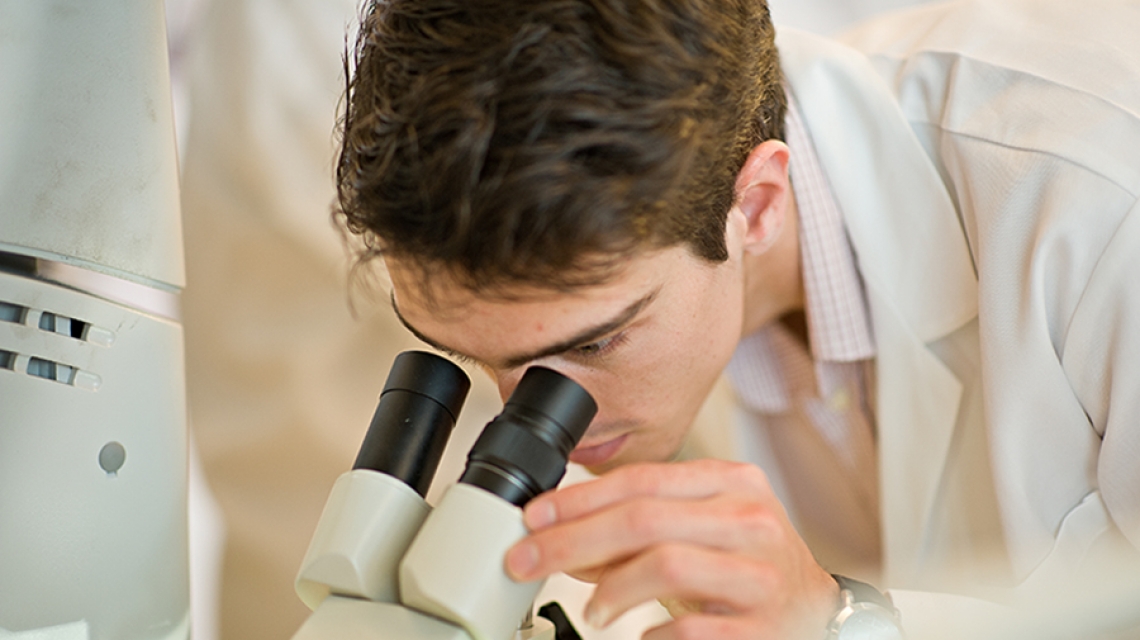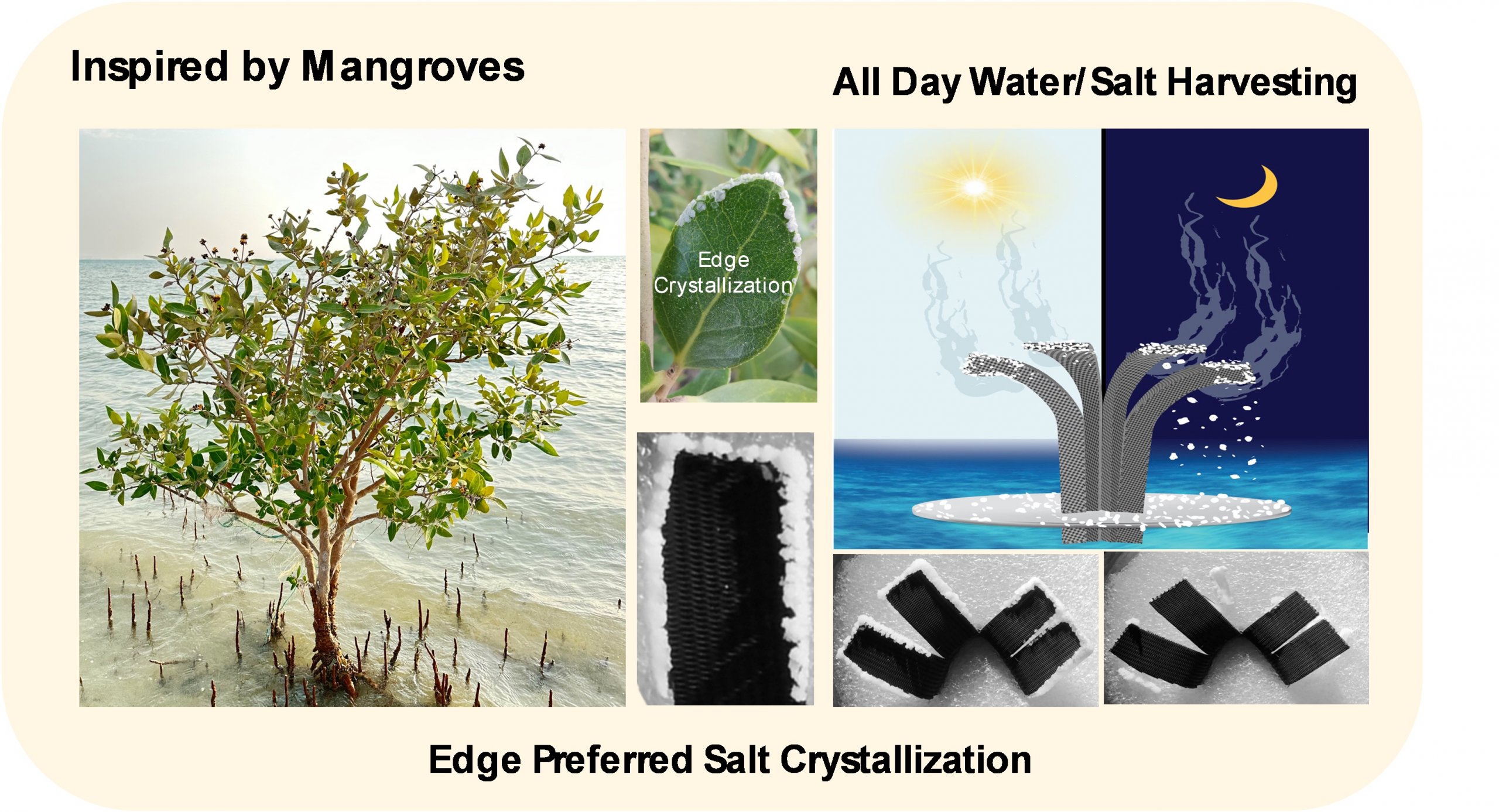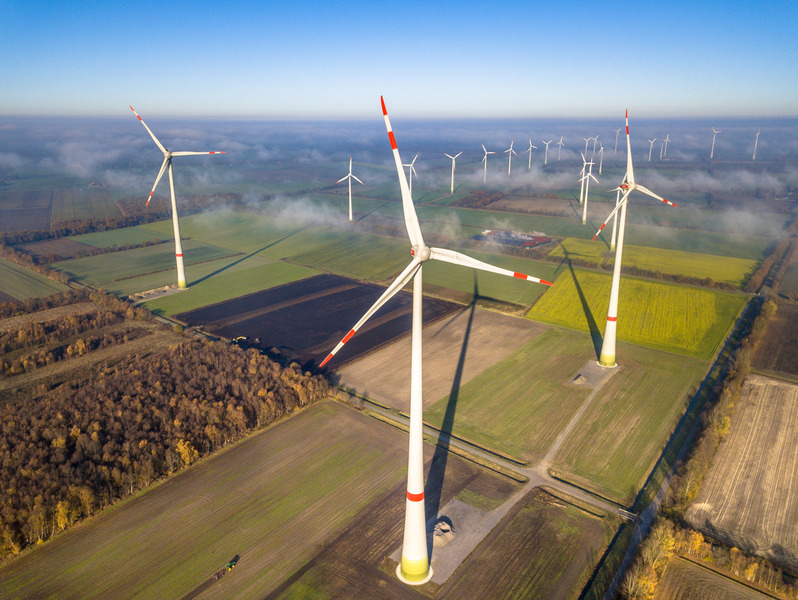
By Rania Rostom
You may know GE for our high-tech healthcare equipment, advanced jet engines, or turbines that power the world. What you may not think about is that each and every one of these technologies was developed, improved, and created by a GE person. So from my perspective, our most valuable asset is not our technology, but the incredibly diverse workforce that made it. Our employees, numbering over 360,000 globally, are directly responsible for the groundbreaking ideas and solutions that place GE at the forefront of technology and innovation.
These qualified, inventive, and highly-skilled people are not necessarily natural-born experts – although I will say we have our fair share of genius minds! Rather, many of them are skilled as a result of years of education and advanced training, during which they acquire the meaningful experiences, in-depth knowledge, and technical skills required to accelerate and transform industries. This is why GE supports the development and training of our innovative talent pool. In fact, each year GE invests US$1 billion to develop and train our people.
Beyond the development of current GE employees, we also contribute to the development of potential future employees. Through a comprehensive range of outreach initiatives, GE promotes science, technology, engineering and math (STEM) education for youth through undergraduate and graduate-level scholarship programs; college-level curriculum development; specific industry-relevant training courses; and strategic collaborations with research universities.
These initiatives reflect GE’s efforts to foster an ecosystem of innovation in all of the countries in which we operate, as the training and development of a robust talent pipeline drives innovation, which in turn fuels vibrant and diverse economic growth. From the development of technological innovations in the areas of energy, health, aviation and water, to the creation of local jobs and skilled human capital, GE works to develop all aspects of the innovation ecosystem supply chain.
As Chief Innovation & Communications Officer for GE in the Middle East, North Africa & Turkey (MENAT), I am part of a team that works to cultivate the region’s innovation ecosystem. We believe that the 200 million Arab youth in the region can be leveraged to achieve transformational growth, which is why we have partnered with more than 25 universities and educational organizations in MENAT, including Abu Dhabi’s leading research university focused on advanced technologies and clean energy – the Masdar Institute of Science and Technology.
Partnering with sustainability-focused, graduate-level universities to conduct innovative research helps ensure the technological skills developed by their students are aligned with industry needs. Through collaborative research activities, students acquire a perfect combination of highly relevant analytical thinking and leadership skills, which they can then apply in the workplace and transform into real world impact.
One example of this is the Sustainable Bioenergy Research Consortium (SBRC). GE has partnered on this Masdar Institute-led initiative – a non-profit consortium with members such as Boeing, Etihad, Takreer and Safran. As part of the SBRC, GE is contributing to the development of sustainable aviation biofuels, supporting the UAE’s diversified energy goals. Through current and planned research projects being conducted at the SBRC’s innovative Seawater Energy and Agricultural System (SEAS) – the unique pilot facility aimed at cultivating bioenergy and food with seawater and desert land – students will develop valuable engineering skills needed to power and sustain the country’s emerging aviation and aquaculture sectors.
GE has also partnered with Masdar Institute on an energy efficiency white paper that explores various interventions to help decrease the UAE’s net energy demand and high carbon footprint. With a UAE national student contributing significantly to the research, this collaborative project demonstrates the valuable role young Emirati talent play in this field.
The value and impact of our collaboration with academia can also be seen by the fact that GE currently employs a Masdar Institute alumnus who is leveraging his sustainability-focused analytical and technological skills to enhance GE’s energy efficiency innovations.
In addition to partnering with world-class universities like Masdar Institute, other efforts to develop the region’s human capital include the development of GE’s Ecomagination Innovation Center located in Masdar City, which serves as an industrial innovation incubator, bringing together government entities, academic institutions and private sector organizations to drive the development of local innovative solutions to solve sustainability challenges collaboratively.
Through initiatives like these, GE is strengthening the skills being taught in the UAE’s classrooms by focusing on solutions for real industrial-based challenges. These collaborations generate both the technology-based solutions and highly-skilled human capital needed to transform industries, fuel the innovation ecosystem, and build prosperity and success across the Middle East.
Rania Rostom is Chief Innovation & Communications Officer, GE Middle East, North Africa & Turkey
Printed in The Gulf Today on 19 May 2016






